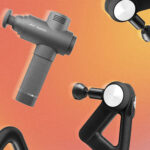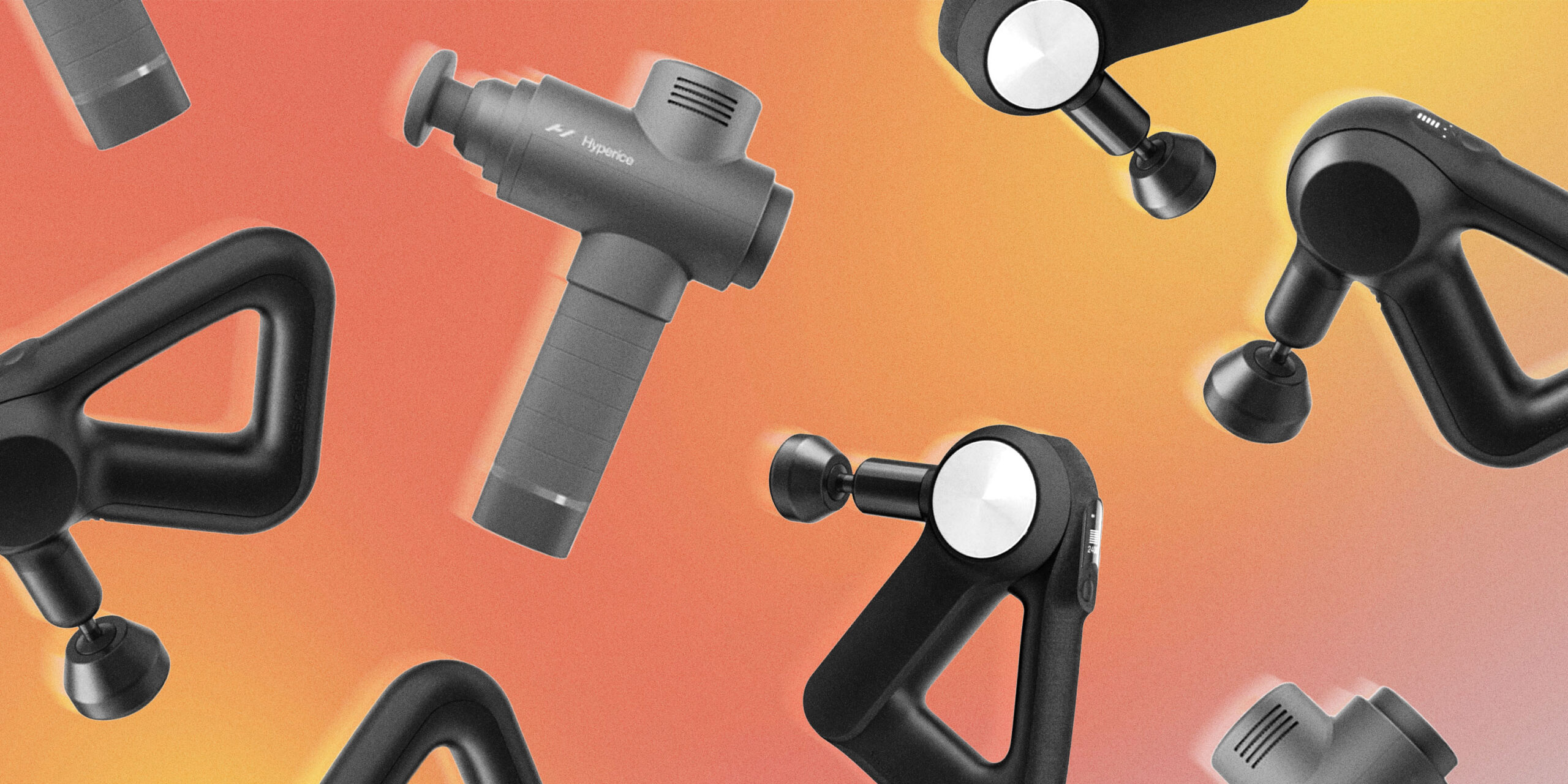When you hear the term “going to the dentist,” what images come to mind? Many people experience anxiety as a result. It could be a highly painful event at worst or, at best, an unpleasant one. But it doesn’t have to be, and it shouldn’t ever be, a source of fear.
Everyone has a varied threshold for pain, and pain is a personal experience. While some individuals refuse anaesthetic entirely for even the most invasive treatments, others need it for even routine cleanings. Furthermore, people’s perceptions of pain can vary depending on the situation. The anaesthetic may not work as well if you’ve had a stressful day or if you anticipate pain. Instead, you should arrive at the appointment feeling at ease and relaxed.
- Weighing the Risks and Benefits of Local Anesthesia
- Why Oral Health Matters
- How Dental Anesthetic Can Provide Relief
- When Relief Doesn’t Come
- Mitigating Pain
- Remember: Being Numb Can Help. Ask About Dental Anesthetic if You Need To
Analysing the Benefits and Risks of Local Anaesthesia
Anaesthesia is just one more drug that requires careful consideration of pros and cons. You need to think about the possible side effects before choosing to receive anaesthesia from your dental professional.
A analysis of 78 publications published between 1966 and 2019 found that the following adverse outcomes were recorded following the administration of local anaesthesia by a dentist:
- Visual disturbances
- Allergic reactions
- Nerve damage
- Hemorrhaging
- Needle breakage
- Tissue Necrosis
as the most common adverse effects. According to the assessment, unfavourable events occurred in the reports 4.5% to 26.2% of the time. The study concluded that “adverse effects are overrepresented in the literature, even though they are rarely encountered in real-world general practice.” It is difficult to determine with precision what might be deemed “rare” due to the vast range of outcomes in the analysed studies.
The Significance of Oral Health
Numbing agents may offer sufficient pain relief for people who need dental treatment but are too terrified to make an appointment so they can take charge of their oral health. As to a 2019 study, enhancing oral health has the potential to have significant systemic consequences for individuals, society, and overall quality of life as it can prevent diseases and benefit the prevention of oral health issues.
There has always been a link between general health and dental health. Numerous medical disorders, including the following, have been linked to dental health:
- Endocarditis
- Cardiovascular disease
- Pregnancy and birth complications
- Pneumonia
On the other hand, certain medical problems might also have an impact on your dental health, such as:
- Diabetes
- HIV/AIDS
- Osteoporosis
- Alzheimer’s disease
How Relief Is Possible With Dental Anaesthetic
The most common method used by dentists to numb oral regions is local anaesthetic injections. Frequently denoted by the general word “novocaine,” there exist numerous varieties of local anaesthetics that might be utilised in a dental consultation. Differentiating dental anaesthetics is done by:
Additives: In order to extend the duration of an anesthetic’s effect, epinephrine, often known as adrenaline, is commonly added. To extend the duration of the anaesthetic in the afflicted area, epinephrine constricts the blood vessels in the surrounding area and retains the anaesthetic “local”—hence the name—and in the treatment area.
Despite the fact that the body naturally produces adrenaline, some people experience allergic reactions. They are experiencing the primary consequences of adrenaline, such as a quicker heartbeat, heightened anxiety, or dizziness, rather than a true “allergy.”
Side Effects: These effects could intensify if any anaesthetic accidentally got into a blood vessel. You run the danger of developing hypertension (high blood pressure) or tachycardia (a heart rate greater than 100) if the anaesthetic gets into the blood vessel. Overdosing can cause a variety of general side effects, such as headache, vertigo, tachycardia, and hypertension. Ask your dentist to use an anaesthetic that doesn’t contain epinephrine if you are allergic to it.
Duration: Some anaesthetics have a 30- to 1-hour half-life, which is ideal for brief procedures like simple fillings. After a procedure, others may linger for six to eight hours. For example, these anaesthetics are perfect once wisdom teeth extractions are finished. In addition to ephedrine, other components may also have an impact on how long the anaesthetic lasts. These substances are frequently required to retain a product in its proper state or to increase its shelf life.
When There’s No Relief
Even with the use of local anaesthetics in dental offices, patients may not always feel totally unconscious. Numerous elements affect this, including:
- Anatomic variation: It may be more difficult to numb some parts of the mouth, particularly the lower jaw. Since the nerve exits the jawbone beneath the gum line, the dentist must administer the anaesthetic near to this location, which is invisible to the naked eye. Instead, in order to determine where this site should be for the average patient, the dentist must make use of additional anatomic landmarks. In other patients, the location may be lower or higher, which prevents the patient from feeling numb. Your dentist might be able to add additional anaesthetic, depending on the dosage that is used. In other cases, you can be in pain and out of luck because giving more might raise the possibility of a negative reaction.
- Infection: An infected area will not become totally numb, no matter how much anaesthetic is applied. Prior to beginning the dental procedure, the infection needs to be treated. Studies have indicated that this happens as a result of both inflammation and the mouth’s heightened acidity during an illness.
- Accessory nerves: Occasionally, a region will receive sensory input from the tendrils of another nerve. The patient will feel at ease once that has been located and given anaesthesia.
- Having red hair: The percentage of people with naturally red hair worldwide is less than 2%. However, most dentists will tell you that redheads have trouble using dental anaesthetic to become and remain numb. Compared to their contemporaries who are blonde or brunette, they typically need more anaesthesia. Anecdotal data suggests that redheads may be genetically predisposed to a particular pain response.
Nine out of ten redheads have been found to have a gene mutation called “MC1R,” which makes them more sensitive to pain and necessitates larger dosages of anaesthesia.
- Past history of substance abuse or alcoholism Like redheads, these individuals appear to require higher doses of anaesthetic to achieve numbness, and the effects wear off quickly. Throughout an operation, they also need to be injected repeatedly. Although some have hypothesised that a combination of elevated stress and anxiety levels and/or increasing tolerance could cause these numbing drugs to lose their effectiveness, the exact aetiology of this phenomenon is unknown.
Talk to your dentist about any of these conditions if you fall under any of them. You may collaborate to make your trips as comfortable as possible.
Reducing Pain
Pain shouldn’t be experienced at the dentist’s office. Here are a few tactics to help with that:
- Try to maintain as much calm as you can. Employ methods of relaxation like mindfulness and deep breathing.
- If you’re nervous, think about using diversion tactics. Take in some podcasts, music, or literature. You may watch videos in certain workplaces while you’re there.
- Talk to your dentist about this in advance if you experience severe anxiety. He may recommend nitrous oxide (laughing gas) or prescribe another medication that reduces anxiety.
- You should definitely let your dentist know if you’re afraid of needles. The dentist can handle this problem with other methods in addition to the possibility of a lengthier appointment.
Remember: It’s Okay to feel numb. Should You Require Dental Anaesthetic Information
Say something if you’re uncomfortable! You feel relaxed when the local anaesthetic takes effect. Additionally, your dentist won’t be holding back in anticipation of your next flinch. He can operate more productively and successfully if he concentrates on the process. There will be a lot less tension in the overall space.
Finally, make plans for what will happen after the treatment. Find out how long you will be numb, what post-operative symptoms to anticipate, and what safety measures are required.
Recall that visiting the dentist ought to be painless. By doing this on a regular basis, you can help to detect medical concerns, lower your risk of developing certain diseases, and enhance your general health.










